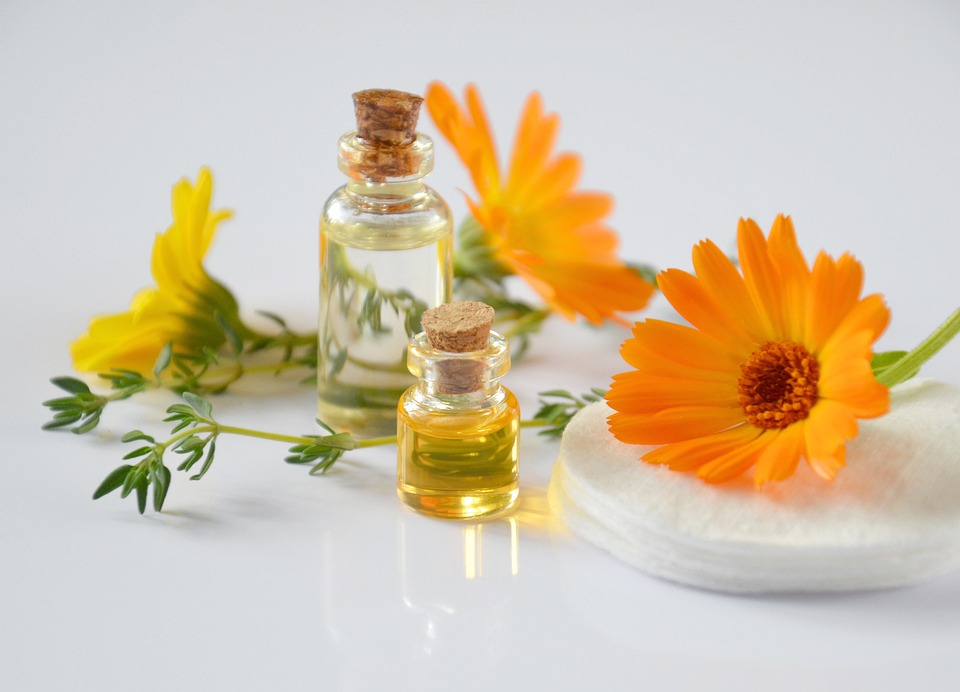Exploring the Herbal Renaissance: The Rise in Popularity of Herbal Products
[ad_1]
Exploring the Herbal Renaissance: The Rise in Popularity of Herbal Products
Introduction
In recent years, there has been a remarkable resurgence in the popularity of herbal products. This renewed interest can be attributed to various factors, including a growing awareness of the potential health benefits, a desire for natural remedies, and a shift towards sustainable and eco-friendly practices. In this article, we will explore the reasons behind this herbal renaissance and delve into the numerous benefits that herbal products have to offer.
The Appeal of Herbal Products
One of the primary reasons for the increasing popularity of herbal products is the appeal of natural remedies. As society becomes more health-conscious, people are shifting away from synthetic chemicals and turning towards natural alternatives. Herbal products are often perceived as gentler on the body and less likely to cause adverse effects compared to their synthetic counterparts.
Additionally, the rise of sustainability and eco-friendly practices has influenced consumer choices. Herbal products are typically derived from plants and herbs, making them inherently more sustainable and environmentally friendly than synthetic alternatives. This aligns with the increasing global focus on sustainability and the desire to minimize our ecological footprint.
The Potential Health Benefits
Herbal products have a rich history in traditional medicine and are believed to provide various health benefits. While scientific evidence may vary for different herbs, many studies suggest that herbal remedies can be effective in treating certain conditions. For example, echinacea is commonly used to boost the immune system, while chamomile is known for its calming effects on the body and mind.
Herbal products can also be a valuable source of essential nutrients and antioxidants. For instance, turmeric is renowned for its anti-inflammatory properties, and green tea is packed with antioxidants that promote overall well-being. These potential health benefits make herbal products an attractive choice for those seeking natural alternatives.
Consumer Education and Awareness
Another crucial factor contributing to the herbal renaissance is the increased availability and accessibility of information. With the advent of the internet, individuals now have unprecedented access to a vast amount of knowledge and resources related to herbal products. This has empowered people to educate themselves about different herbs, their benefits, and how to incorporate them into their daily lives.
Furthermore, holistic health practitioners and herbalists have played a significant role in creating awareness and promoting the benefits of herbal products. Their expertise and guidance have helped people gain confidence in using herbal remedies, ultimately contributing to the rise in popularity.
Conclusion
The resurgence of herbal products in recent years is a testament to the changing attitudes towards health and wellness. People are increasingly embracing natural remedies and sustainable practices, recognizing the potential benefits that herbal products offer. As consumer education and awareness continue to grow, it is likely that the popularity of herbal products will continue to rise, shaping the health and wellness industry for years to come.
Frequently Asked Questions (FAQs)
1. Are herbal products safe to use?
Herbal products, when used as directed and sourced from reputable sources, are generally considered safe for use. However, it is important to consult with a healthcare professional, especially if you have any pre-existing medical conditions or are taking prescription medications, to ensure that there are no potential interactions or contraindications.
2. Can herbal products replace conventional medicine?
While herbal products can provide potential health benefits, they are not intended to replace conventional medicine. It is important to approach herbal products as a complementary approach to overall health and wellness. Always consult with a healthcare professional before making any changes to your treatment plan.
3. How should herbal products be incorporated into daily life?
The incorporation of herbal products into daily life can vary depending on individual preferences and needs. It is recommended to start slowly and gradually introduce herbal products, following recommended dosages and guidelines. Experimenting with teas, herbal tinctures, or incorporating herbs in cooking are popular ways to reap the benefits of herbal products.
4. Are there any side effects associated with herbal products?
While herbal products are generally well-tolerated, it is possible for some individuals to experience allergic reactions or side effects. It is crucial to follow recommended dosages and consult with a healthcare professional if you experience any adverse reactions.
[ad_2]

